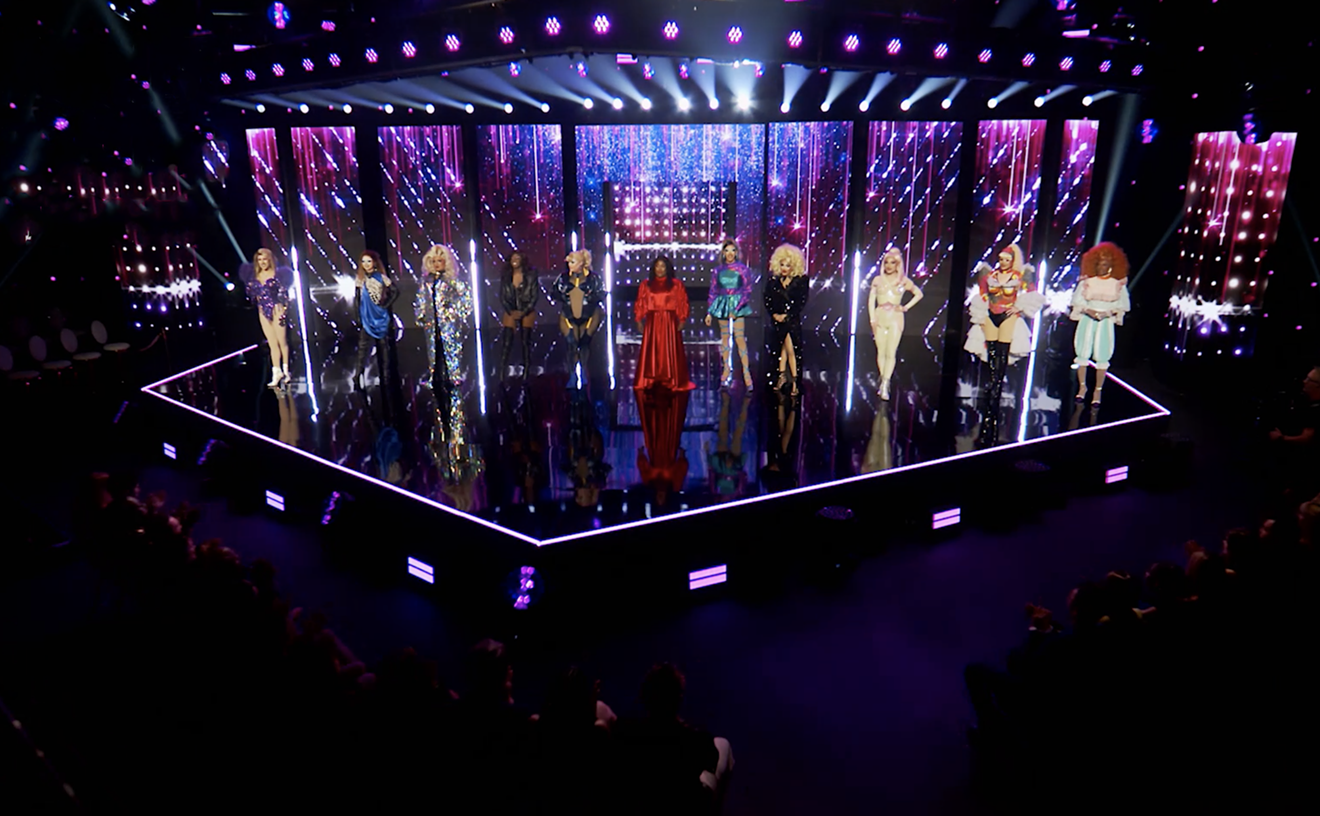Hialeah’s Palm Avenue is a busy, noisy street. But the roaring of Harley-Davidson motorcycles is a sound not normally heard outside a nursing home a few blocks away. This past February 2, something unusual shook up the people there. Six sleek motorbikes blazed through the city behind four police officers, all in formation.
An 80-something man sitting in a wheelchair outside basked in the sun. He had no clue what was about to happen. The bikers from Cartel Baggers, a Miami motorcycle parts and apparel shop, arrived to meet Angel B. Lemus, a retired architect who rode Harleys in pre-Castro Cuba.
Lemus’ uncle, Luis Bretos, was an internationally known champion racer who teamed up with Harley-Davidson and opened Cuba’s only franchise, Casa Bretos, in Havana during the 1930s. Although Cubans also rode Triumph and Indian motorcycles, the American brand eventually became synonymous with the island’s riding culture. Bretos’ shop also sold bikes to Batista’s law enforcement and military.
Bretos was the Harley guy, so it’s no surprise Lemus grew up riding with tío Bretos and his kids. In turn, that passion was passed onto his own children.
Lemus the Harley rider is my father.
I grew up listening to my dad’s stories. A few years ago, I made a point of interviewing him one long afternoon over a few cortaditos and guava pastelitos. Soon after, he was diagnosed with dementia.
Nostalgia for his youth romanticized Bretos' heyday even though the Cuban Revolution was brewing. He rode Harleys while he was a student at the University of Havana, a hotbed of political protest. He recalled group rides to the Sierra Maestra, where Fidel and his guerrillas were hiding, though my dad never saw the future dictator. He also fell in love with my mom during this politically tumultuous period, and when they got married, he took her to Varadero Beach on his motorcycle for their honeymoon.
But some stories were not so romantic. Members of the group were daredevils — some suffered permanent injuries, and other died attempting stunts. And after Castro’s regime took over Bretos’ business, members of the Bretos and Lemus families lost touch.
Once living in the States, my dad thought the Harley culture here was too tough — too Hells Angels — for his generation. He would never ride again.
In Cuba, a group of Harlistas banded together to keep the American symbol of freedom alive. Today they ride proudly on Harleys from the Bretos era, with brand loyalty passed down from the older generation of riders who remained after the revolution. They keep the relics from falling apart with good maintenance and ingenuity since the embargo limited access to parts.
One night at Ball & Chain in Little Havana, I saw more than a dozen tricked-out Harleys parked in front of the club. The place isn’t a biker bar, so the sight piqued my curiosity. Inside, I found Ralph Usatorres, one of four owners of Cartel Baggers. I told him my family’s story and asked if they would surprise my dad for his 83rd birthday.
They happily obliged, and on February 2, my dad got to relive a piece of his golden days.
"I can’t believe I’m meeting a rider from the Bretos days,” said Pete Gonzalez, a buff, swarthy rider who rode his bike to my dad’s nursing home. He got teary-eyed after meeting Lemus. “It’s an incredible honor. He’s a living piece of Cuban Harley-Davidson history, right here in Hialeah.”
Usatorres and five other riders arrived during their lunch break to celebrate with my dad. I wasn’t expecting four police officers from the City of Hialeah to come too. When I heard the police motorcycles, I knew right away they weren’t Harleys. Soon after, the unmistakable roar could be heard farther south on Palm Avenue. They were about to turn the corner. My dad’s eyes lit up.
The gang sang him "Happy Birthday." He blew out a candle stuck in a cup filled with soft chocolate pudding. He was fully aware and even recognized the Harleys in front of him. “Muy, muy bueno,” he said. I hadn’t seen him smile that much in months.
[
{
"name": "Air - MediumRectangle - Inline Content - Mobile Display Size",
"component": "19274298",
"insertPoint": "2",
"requiredCountToDisplay": "2"
},{
"name": "Editor Picks",
"component": "17482312",
"insertPoint": "4",
"requiredCountToDisplay": "1"
},{
"name": "Inline Links",
"component": "18711090",
"insertPoint": "8th",
"startingPoint": 8,
"requiredCountToDisplay": "7",
"maxInsertions": 25
},{
"name": "Air - MediumRectangle - Combo - Inline Content",
"component": "17482310",
"insertPoint": "8th",
"startingPoint": 8,
"requiredCountToDisplay": "7",
"maxInsertions": 25
},{
"name": "Inline Links",
"component": "18711090",
"insertPoint": "8th",
"startingPoint": 12,
"requiredCountToDisplay": "11",
"maxInsertions": 25
},{
"name": "Air - Leaderboard Tower - Combo - Inline Content",
"component": "17482313",
"insertPoint": "8th",
"startingPoint": 12,
"requiredCountToDisplay": "11",
"maxInsertions": 25
}
]











